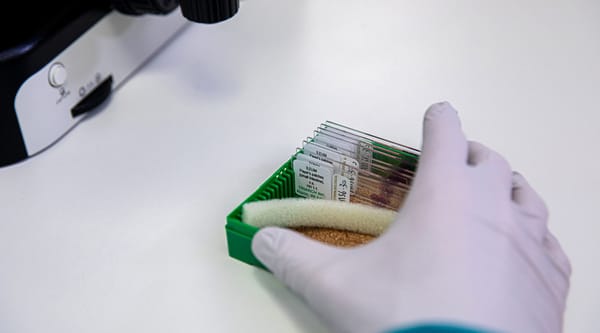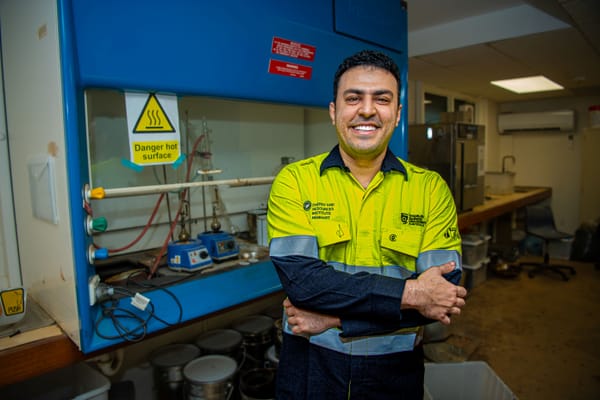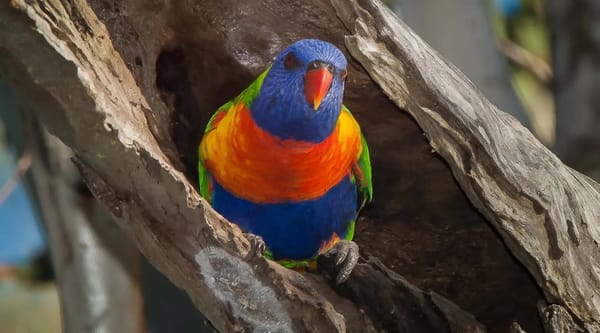Health expenses a huge burden for Aboriginal families
Almost $1 million from the Medical Research Future Fund (MRFF) will fund a new project aiming to develop an app that can help with the burden of out-of-pocket healthcare expenses.
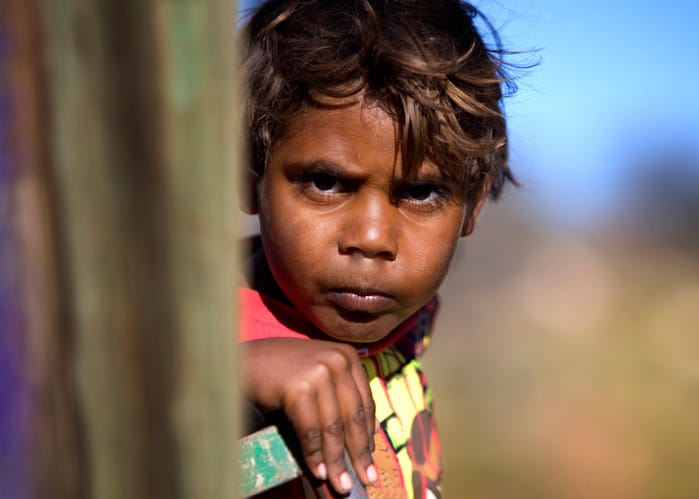
First published by Flinders University
Rural Aboriginal families are sleeping rough, borrowing money and avoiding medical treatment to try and reduce or avoid huge out-of-pocket healthcare expenses.
“Aboriginal and Torres Strait Islander families are one of the most marginalised communities impacted additional healthcare expenses which are not covered by Medicare or private insurance,” says Associate Professor Courtney Ryder
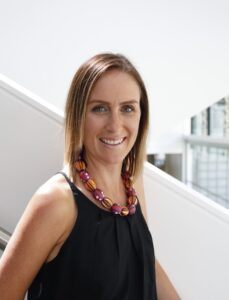
“Radical change from government initiatives and policies through to health professional awareness is needed to ensure equitable healthcare access which does not create additional financial hardship in communities already experiencing economic disadvantage,” she says.
Almost $1 million from the Medical Research Future Fund (MRFF) will fund a new project, ‘Targeting out-of-pocket healthcare expenditure through citizen science with Aboriginal communities’ led by Associate Professor Courtney Ryder aiming to develop an app that can help with the burden of out-of-pocket healthcare expenses.
The project aims to build and implement a social prescribing digital platform, or App, that will offer an expanding range of non-medical supports available in the community.
“Through the app we will be able to provide patients with targeted support to access healthcare such as fuel vouchers or affordable accommodation close to hospitals,” she says.
Aboriginal participants in the Far West of South Australia (Kokatha, Mirning and Wirangu country) living in Ceduna, Yalata and Oak Valley – where it is estimated that 1139 Aboriginal people live – will help co-develop the app.
Citizen science is where people come together and share and collaborate to draw on lived experiences to increase knowledge says Associate Professor Ryder.
“We will work closely with Far West Aboriginal citizens throughout the project to co-produce a user-friendly app that meets their needs and the needs of their community, underpinned by their knowledge, worldviews and experiences,” she says.
Flinders University Deputy Vice-Chancellor (Research) Professor Raymond Chan congratulated all the researchers and their teams on securing funding from the Medical Future Fund towards projects that will improve the health and wellbeing of Australians.
“Flinders University has consistently been at the forefront of groundbreaking research, addressing global challenges and making a significant impact towards improving lives across Australia and on an international level,” says Professor Chan.
“We are fortunate to have a team of exceptionally talented researchers and their groundbreaking research is making a significant impact by tackling some of the most intricate healthcare issues affecting individuals today.”
The project is being supported by funding from the Australian Government’s Medical Research Future Fund (MRFF) which provides grants of financial assistance to support health and medical research and innovation, with the objective of improving the health and wellbeing of Australians.


